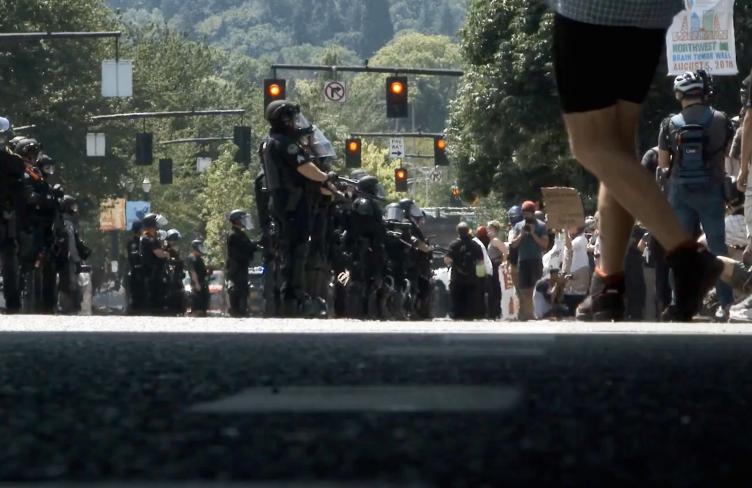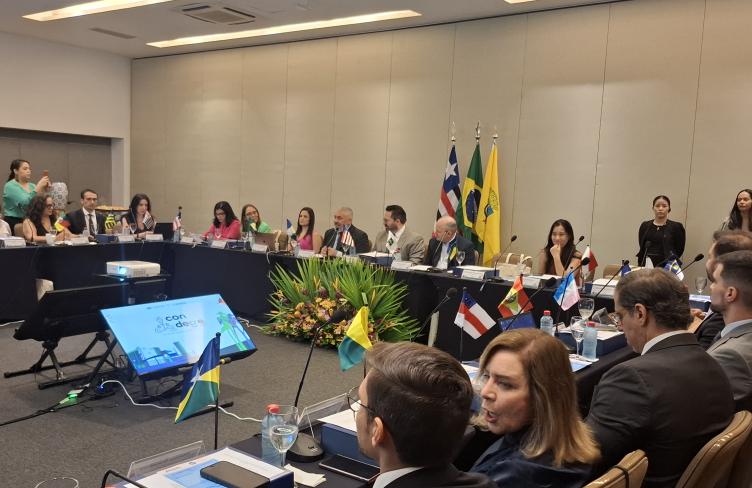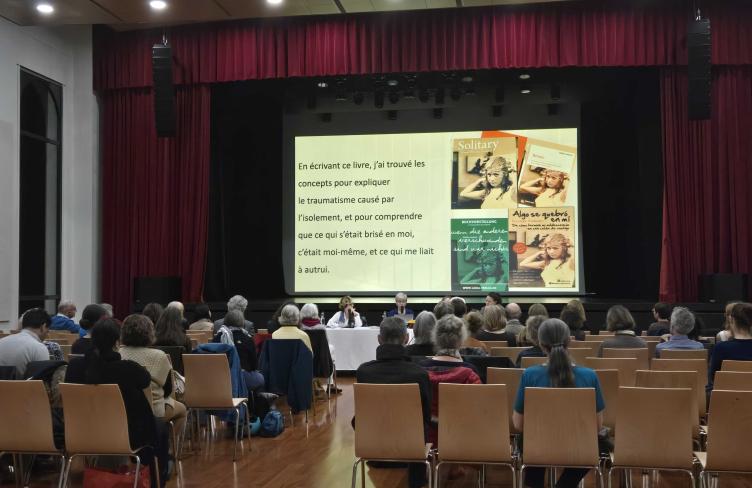
Torturers will find no safe haven in the UK. This was confirmed by a UK High Court ruling on 7 October 2014, when it rejected the earlier conclusion of the Crown Prosecution Service that Prince Nasser bin Hamad Al Khalifa, Commander of the Royal Guard of the Kingdom of Bahrain, had State immunity from prosecution.
Victims have alleged that Prince Al Khalifa had been involved in acts of torture against them while they were being detained for protests in February 2011. The European Centre for Constitutional and Human Rights (ECCHR) submitted a dossier of evidence to the UK authorities on behalf of the victims.
The UN Convention against Torture requires States, unless they prefer to extradite the person, to detain and submit to its competent authorities a case to prosecute any person present in its territory, who is alleged to have committed torture. State authorities should proceed to a prompt and impartial investigation wherever there is reason to believe that torture has been committed.
Despite this obligation, the UK Crown Prosecution Service took the view that Prince Al Khalifa, who frequently travels to the UK, was entitled to both personal and functional immunity from arrest.
What does this mean? Immunities from prosecution are generally organised into two categories – Personal immunities (immunity ratione personae) and functional immunities (immunity ratione materiae).
Immunity for torture?
Personal immunities attach to State actors, including heads of State, heads of government and certain diplomatic agents. This status protects serving officials from arrest and prosecution before national courts. This protection evolved from ancient roots to enable officials to discharge their missions, thus promoting unimpeded exchanges and (hopefully!) resolving conflicts between States. This immunity ceases to apply once the person leaves office.
Functional immunities attach to a wider class of officials, protecting any official act that is carried out on behalf of the State. This immunity recognises that official acts of State are not attributable to any individual. Rather, international law provides that only States may be responsible for official acts. As the protected act is not attributable to the individual, the individual may not be arrested or prosecuted for their role even after the State official has left office.
An important principle limiting the scope of functional immunities was established in the case involving former Chilean dictator, Augusto Pinochet, who had travelled to the UK for health treatment in 1998 and been detained on the basis of a Spanish arrest warrant for crimes of torture.
Pinochet sought to have the warrant quashed on the basis of his immunity as a former head of State. But the final judgement of the House of Lords ruled that there would be no safe haven for former public officials for international crimes, including torture. As such, international crimes were excluded from the functional immunity protection afforded to State agents.
Following this principle, protection from national prosecution for torture only extends to sitting heads of State, foreign ministers and other categories of diplomatic officials. As Prince Al Khalifa is not among these few State officials who retain personal immunity, any responsibility for acts of torture must be investigated and, if necessary, prosecuted.
While some commentators have questioned exactly what lessons should be drawn from the Pinochet ruling, the basic principle that functional immunity should not protect individuals from prosecution for international crimes is now well established. National proceedings launched against Bouterse, former head of Suriname and the ongoing proceedings against the former head of Chad, Hissène Habré, among others, would support this conclusion.
Giving torturers fewer places to hide
So far, so clear. So why the confusion among the Crown Prosecution Service? Well, the International Court of Justice famously fluffed its chance to concur with the Pinochet principle in its Yerodia judgement, much to the consternation of commentators, leading some to question what rules should be applied. Nevertheless, this oversight should not relegate the principle of accountability into the realms of legal obscurity. The recent judgement of the UK High Court adds legitimacy to calls for States to extend their reach over international crimes, and gives torturers fewer places to hide.
The UN Special Rapporteur on transitional justice, Pablo de Greiff, recently stressed that it is crucial for States to adopt effective prosecutorial strategies to bring to justice the perpetrators of such atrocities and to prevent a recurrence of violence.
In recognising that no functional or personal immunity would attach to bar any investigation launched against Prince Al Khalifa, the Crown Prosecution Service is taking steps to fulfil its commitment under the UN Convention against Torture, and ensure justice for victims of abuse. The effective prevention of torture requires all States to demonstrate a clear commitment to bringing perpetrators to justice, wherever they might hide.
Reasons of the Court are available here.


